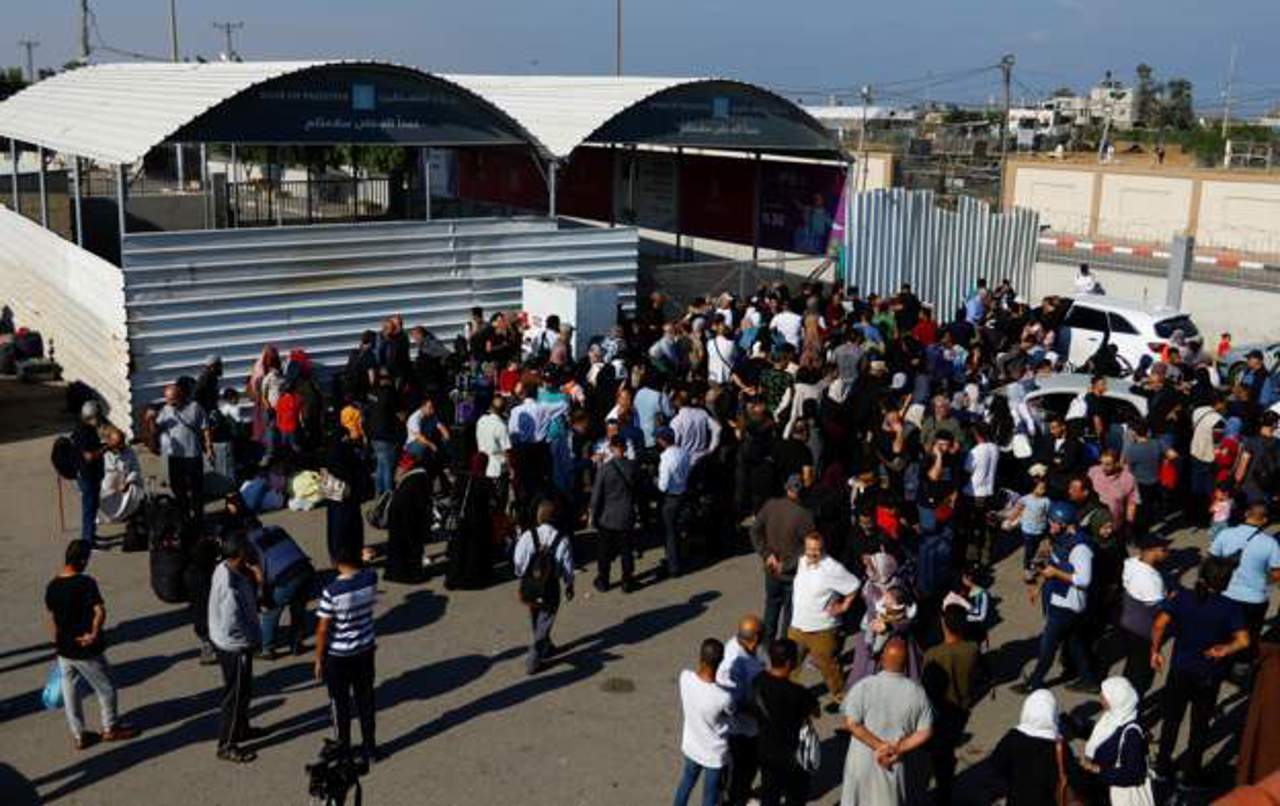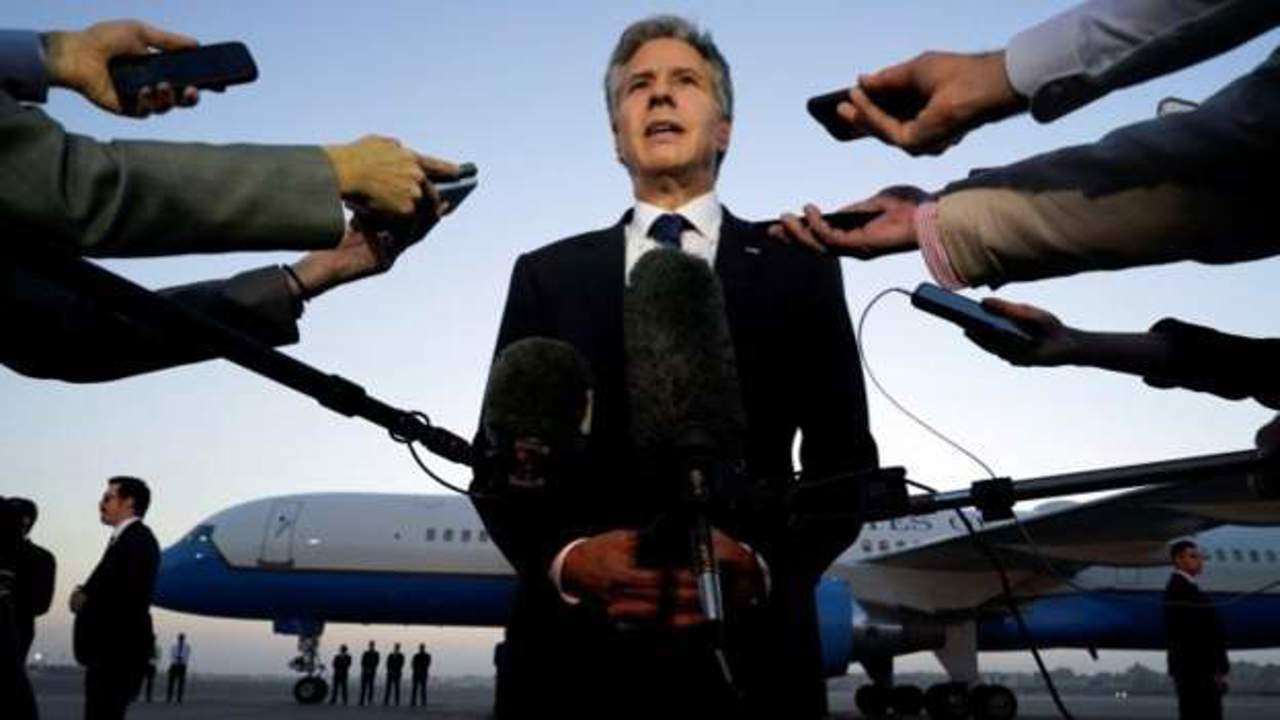Gaza ceasefire agreement: Civilians granted access to Egypt
In a significant development in the ongoing conflict in the Middle East, civilians from the Gaza Strip are now permitted to cross into Egypt following a temporary ceasefire agreement. This agreement, reached between Egypt, Israel, and the United States, aims to ease the situation in the southern enclave.

Meanwhile, diplomatic efforts are underway, with the U.S. Secretary of State Antony Blinken returning to the region after meeting with various Muslim leaders, including those from Palestine and Egypt.
Massive queues have formed at the Rafah border crossing between Gaza and Egypt. Tens of thousands of Palestinian civilians who evacuated Gaza, along with many foreign citizens, have been waiting for several days to cross the border.
The United States, Israel, and Egypt have agreed to the ceasefire in the southern enclave and the reopening of the Rafah border crossing until 5:00 PM. The announcement came from U.S. Secretary of State Antony Blinken after a meeting with Egyptian President Abdel Fattah al-Sisi.
"The Rafah crossing will be reopened. We are working with the United Nations, Egypt, Israel, and others to establish a mechanism to provide assistance to those in need," Secretary Blinken stated.
Egypt has conditioned this temporary ceasefire on the passage of humanitarian aid convoys into Gaza. As a result, a convoy of trucks carrying humanitarian aid is set to enter Gaza, and fuel tankers will be sent to the enclave's hospitals. These hospitals had reported that their generators had less than 48 hours of fuel remaining. However, no official statements have been made by either party. Overnight, the Israeli military continued its airstrikes on Hamas and Hezbollah structures.
The strikes against Hezbollah targets come in response to yesterday's rocket attacks on Israel. Simultaneously, attacks continued in the Gaza Strip, where Tel Aviv is preparing for a massive ground, air, and naval offensive.
The Palestinian Red Crescent asserts that some of the Israeli rockets have fallen near the largest hospital in the region. This hospital was supposed to be evacuated, but its administration refused to do so, citing a lack of prepared medical infrastructure in southern Gaza to accommodate patients.
"Israel is conditioning humanitarian aid for Gaza on the release of hostages. But these things shouldn't be correlated. What we are seeing now, the direction Israel is heading, is that they will destroy Gaza, despite saying they want to target Hamas," stated Lynn Hastings, the UN's humanitarian coordinator in Gaza.
Nonetheless, after six days, Israel has resumed the supply of water in the south, attempting to expedite the evacuation of over a million civilians after three ultimatums expired. Israel has urged the people of Gaza to move to the south to avoid becoming casualties of its attacks on Hamas structures. This evacuation or relocation is proving to be quite challenging, especially after the terrorist group blocked access routes.
Israeli Prime Minister Benjamin Netanyahu met with the families of those taken hostage by Hamas and promised to destroy the group.
Approximately 150 people were abducted by Hamas a week ago during extensive raids on Israel.
In the meantime, Israeli forces continue to mobilise near Gaza, preparing for a ground offensive against Hamas.
"Our responsibility now is to enter Gaza, to take over the locations where Hamas has its headquarters and operations, where it prepares and launches rockets. We need to strike hard, every position, every commander and fighter, to destroy the infrastructure. In one word - to prevail," said Herzi Halevi, the Chief of the General Staff of the Israeli Defense Forces.
The Israeli military is also supported by two American warships in the region. However, after a week of intense Israeli airstrikes, the Hamas group continues to launch rocket attacks from Gaza. Military analysts fear that the number of Palestinian casualties will significantly increase in the event of a ground intervention, potentially leading to an intervention by Iran.
Translation by Iurie Tataru






